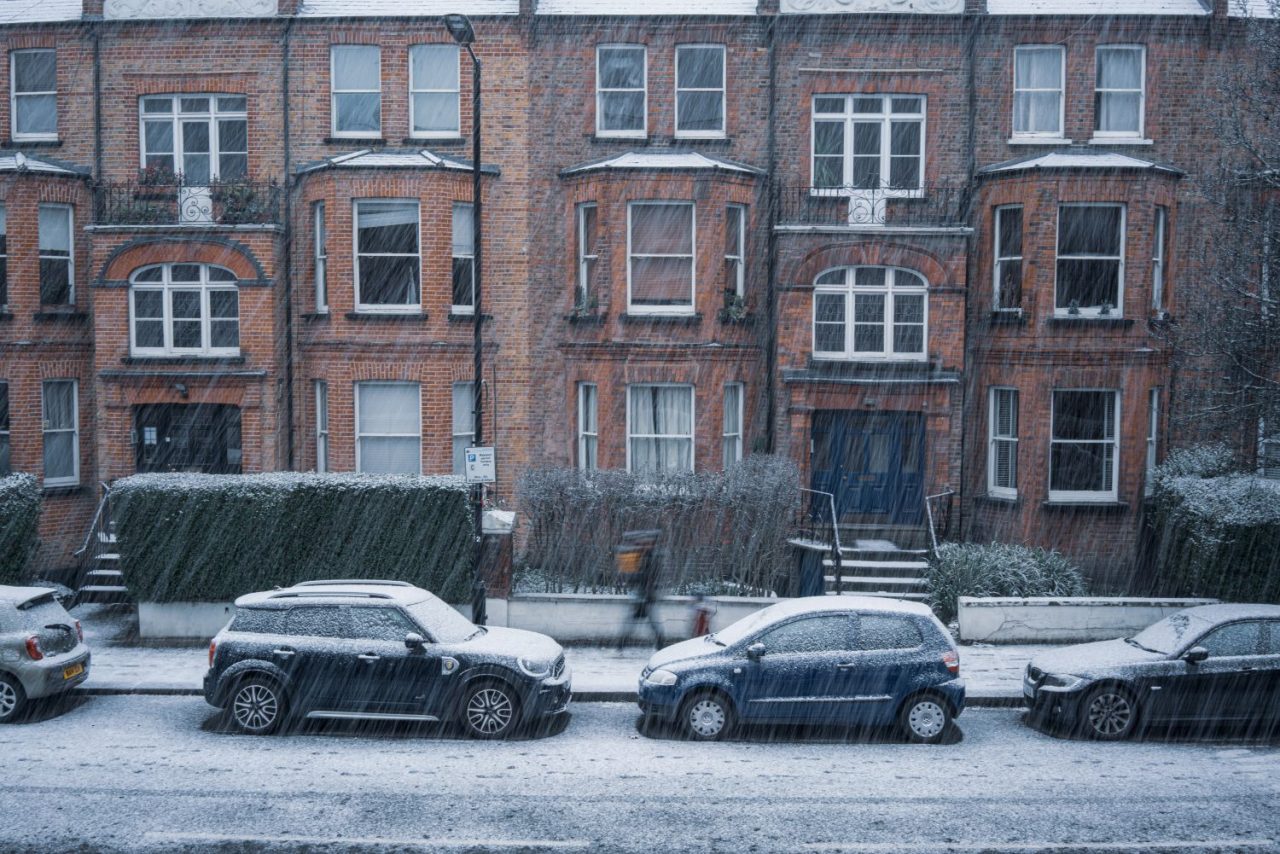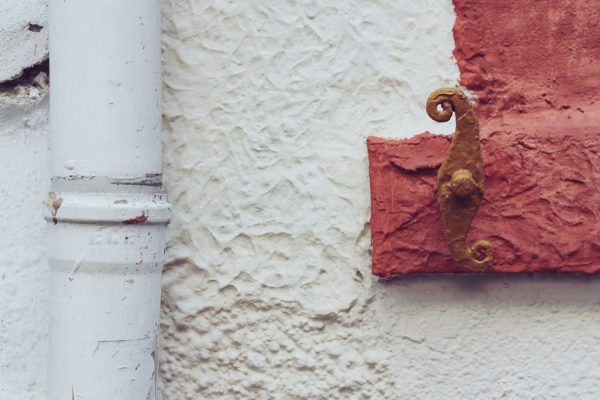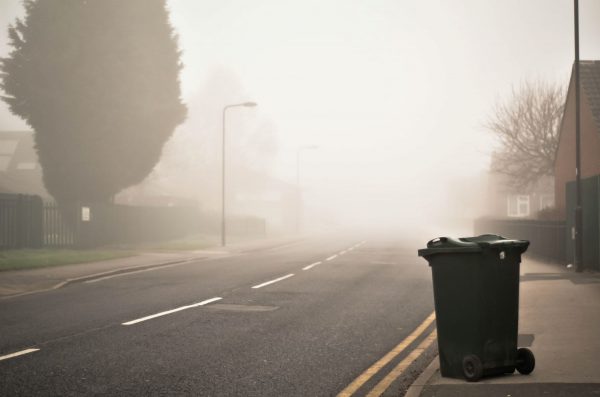Tips for winter-proofing an empty property

If you’re leaving your property empty over the winter without taking the necessary precautions, this can cause a number of issues, including frozen water pipes and damp. And if there’s no one to keep an eye on the house, these issues can quickly snowball into major ones, causing long-lasting and costly property damage.
So what can you do to prevent this? Read our blog on winter tips for empty properties to find out how you can prevent these issues.
1. Keep your heating on low to avoid burst or frozen pipes
Image source: Reinaldo Sture via Unsplash
One of the best things you can do to avoid your water pipes from freezing or bursting in an unoccupied property is to keep your heating on low. There are two options available for this: either you can keep your heating on all day and night with your thermostat at around 15 degrees celsius, or you can set it to come on for a few hours in the morning and a few hours at night.
It’s important to note that many insurance providers will stipulate that you must keep your heating on continuously in order to maintain a temperature of 15 degrees celsius.
Is it more energy-efficient to leave your heating on all day or only run it for a few hours each day?
This has been a hotly debated topic for many years, and the general consensus is that it depends on the property. If your home is poorly insulated and you leave your heating on all day, your boiler will have to work hard to maintain the right temperature.
Likewise, in the winter when the temperature outside is colder, heat loss always occurs no matter how well insulated your property is, so you might find that even if your property is well insulated, it struggles to maintain the desired temperature.
You might want to test which method is more energy efficient before you leave your property empty by trying each method and taking meter readings at the beginning and end to see which is better.
2. Consider draining your pipes

Image source: inanc avadit via Unsplash
If you’d prefer not to leave the heating on in the property, an alternative is to drain the pipes of all water. Many insurance companies accept this as an alternative to keeping your heating on and will include this as a term of agreement if you don’t want to keep your heating on while you’re away.
As pipes burst when the water inside them freezes and therefore expands, this makes it less likely that your pipes will get damaged.
Bear in mind that this isn’t a foolproof method to prevent water damage as water might remain in different parts of your plumbing that cannot be drained. There is also the added risk that condensation will start to form without the heating on, which could lead to damp and mould issues.
In order to do this, turn the water off at the mains and drain the water system, including any water tanks, pipes and apparatus.
3. Check your roof and gutters before you leave
There are a number of things to consider before you leave the property empty over the winter. For instance, you’ll want to clear your gutters of leaves to prevent a build-up or sagging gutters, both of which could cause flooding or other water damage.
You’ll also want to check the property’s roof for any missing or damaged tiles, which could cause further damage in bad weather. These should be replaced before you leave your property vacant.
If your property has a thatched roof, you might want to clean and tighten it before you go away. And if your property has a flat roof, you might want to get it maintained before you go away. You’ll also want to ensure that, if there is any heavy snowfall or a bad storm while the property is empty, you send someone to check the roof and remove any snow or debris from it as not doing so can cause damage.
4. Make sure you’re not encouraging pests to nest

Image source: Shane Rounce via Unsplash
An empty property is particularly attractive to pests over the winter so it’s important to safeguard against them. It’s a good idea to check the perimeter of your property to ensure there aren’t any broken or damaged air bricks that could be used by rodents and other pests. Likewise, check the inside of your property for any holes or access routes that could be used by pests.
Make sure to clear any rubbish from your property – both inside and outside – as not doing so can encourage pests to nest.
5. Set up your lights so they turn on automatically
You might have already set this up, but as days are shorter in winter you’ll probably need to adapt the timer settings on any automatical lights. At the height of winter, it can get dark very early – the winter solstice sees the sun setting before 4pm. As a result, you might want to change the timer so it turns the lights on at around 4:30pm to 5pm during the winter months.
Read our blog for more tips on how to keep your property protected when it’s unoccupied.
6. Make sure you’ve got unoccupied house insurance in place
An unoccupied property is more susceptible to a wide range of issues, so it’s a good idea to have unoccupied home insurance in place. This differs from regular house insurance as it helps protect your property against the particular risks involved with leaving your home empty.
At Adrian Flux, we offer tailored unoccupied home insurance to suit your needs and your budget. Our home insurance customers saved an average of 31% in 2021 when taking out a policy with us – see how much you could save by giving us a call on 0800 081 0777.






